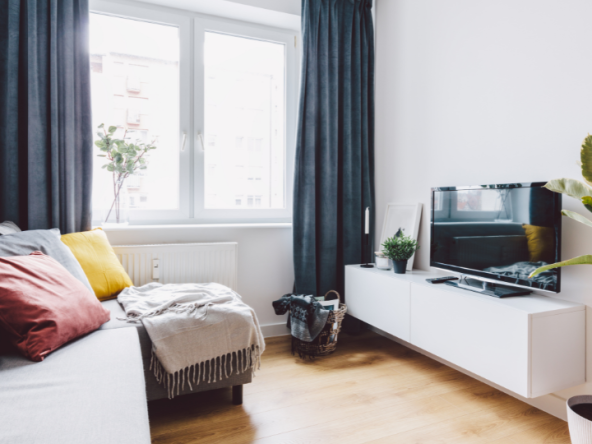Introduction:
When it comes to purchasing a home in South Africa, one of the primary considerations is the level of security provided by the property. Buyers often face the choice between investing in a home within a secure complex where expensive levies are payable or opting for a free-standing property without levies but potentially compromising on security measures. In this article, we will deliberate the pros and cons of each option, helping potential homeowners make an informed decision based on their priorities and preferences.
Buying a Home in a Secure Complex:
Pros:
- Enhanced Security Measures: One of the significant advantages of purchasing a home in a secure complex is the enhanced security measures provided. Gated communities often offer features such as access control, perimeter fencing, CCTV surveillance, and security patrols. These measures provide peace of mind, making it appealing for families, elderly individuals, or those who prioritize safety.
- Community Living and Shared Amenities: Living in a secure complex often comes with the benefits of community living and shared amenities. Residents can enjoy access to facilities like swimming pools, gyms, playgrounds, and communal gardens without having to maintain them individually. This arrangement fosters a sense of community and can be especially appealing for those seeking a social environment or a lock-up-and-go lifestyle.
- Maintenance Services: Many secure complexes offer maintenance services for common areas and facilities, relieving homeowners of the responsibility for repairs and upkeep. This convenience can save both time and money, as the cost of maintenance is shared among residents through levies.
Cons:
- Higher Levies and Additional Costs: One of the primary drawbacks of purchasing a home in a secure complex is the payment of monthly levies. These levies cover the costs of security, maintenance, and shared amenities. Levies can be relatively high and increase over time, impacting homeowners’ budgets and potential returns on investment.
- Limited Independence and Rules: Living within a secure complex often entails adherence to rules and regulations set by the homeowners’ association or body corporate. These rules may restrict activities such as pet ownership, property alterations, or noise levels. Buyers who prefer greater independence and flexibility may find these regulations limiting.
Buying a Free-Standing Home:
Pros:
- Independence and Flexibility: Choosing a free-standing home grants homeowners greater independence and flexibility in how they use and modify their property. There are typically no rules or restrictions imposed by a homeowners’ association, allowing homeowners more control over their space and lifestyle choices.
- No Monthly Levies: Unlike secure complexes, free-standing homes typically do not require monthly levies. This means homeowners have more financial freedom and can allocate their resources as they see fit.
Cons:
- Increased Security Risks: A potential drawback of owning a free-standing home is the potentially lower level of security compared to a secure complex. Homeowners are responsible for implementing their security measures, which may involve additional costs such as installing alarm systems, electric fences, or security cameras.
- Higher Maintenance Burden: Maintaining a free-standing home can be more demanding and costly compared to living in a secure complex. Homeowners bear the responsibility for all repairs and maintenance, including landscaping, building upkeep, and external security measures.
Conclusion:
Choosing between buying a home in a secure complex with levies or a free-standing property without levies requires careful consideration of personal preferences and priorities. While a secure complex offers enhanced security, shared amenities, and maintenance services, homeowners must bear the cost of monthly levies and adhere to community rules. On the other hand, free-standing homes provide greater independence and flexibility but require homeowners to arrange their security measures and bear the responsibility of all maintenance. Ultimately, the decision depends on an individual’s lifestyle, financial situation, and the importance they place on security versus freedom. It is crucial to weigh the pros and cons and carefully assess personal needs and preferences before making a final decision.







